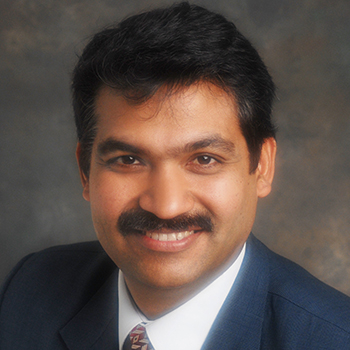

On average, a Canadian sees one traumatic incident in their lifetime. Public safety personnel like firefighters, police officers and paramedics put themselves in harm’s way every day. These individuals can see as many as 600 traumatic incidents in their lifetime. They put their lives on the line to keep our communities safe, but how does this affect them?
The hazardous nature of their work can put public safety personnel at risk for mental health impacts and severe psychological difficulties, known as post-traumatic stress injuries (PTSI). Public safety personnel have an eight to 32 per cent lifetime risk of developing post-traumatic stress disorder (PTSD). The general population has a risk of seven to 10 per cent.
PTSD is the most common mental illness in this population, yet is frequently undiagnosed and undertreated. Stigma, peer pressure and other fears contribute to people not seeking treatment. PTSD is also frequently seen with other illnesses such as depression, anxiety and substance use. Research is needed to understand, identify, treat, and prevent PTSI and adverse mental health outcomes among public safety personnel.
On February 8, 2019, the Canadian Institutes of Health Research (CIHR) announced Dr. Akshya Vasudev, Associate Scientist at Lawson Health Research Institute, received one of 22 one-year grants through the PTSI Catalyst Grant. The PTSI Catalyst Grant provides an investment of $2.95 million for research on public safety personnel.
The SKIP or Sudarshan Kriya Yoga In Post-Traumatic Stress Injury (SKIP) study is a randomized, controlled trial with public safety personnel from London, Ontario and the surrounding areas. Participants will be placed in either the Sudarshan Kriya Yoga (SKY) group or a health enhancement program (HEP) control group. Patients will be screened using a mobile based app and assessed for symptoms of PTSI over a one year period.
“Our study aims to show Sudarshan Kriya Yoga can be used in the management of post-traumatic stress injuries in public safety personnel,” says Dr. Vasudev, principal investigator of the study. “If our results are positive, there is a significant implication for policies about using SKY as a preferred treatment.”

This project builds on a previous study completed by Dr. Vasudev and his team. The research group was the first to complete a pilot study using this type of yoga over 12 weeks in Canadian PTSD survivors. The pilot study showed a highly significant improvement at 12 weeks compared to patient’s baseline scores, with continued improvement reported at week 24. There was also an improvement in depression and anxiety symptoms.
This study is collaborating with the Canadian Mental Health Association, a patient expert and the Art of Living Foundation to recruit participants. The team hopes to complete recruitment in nine months.